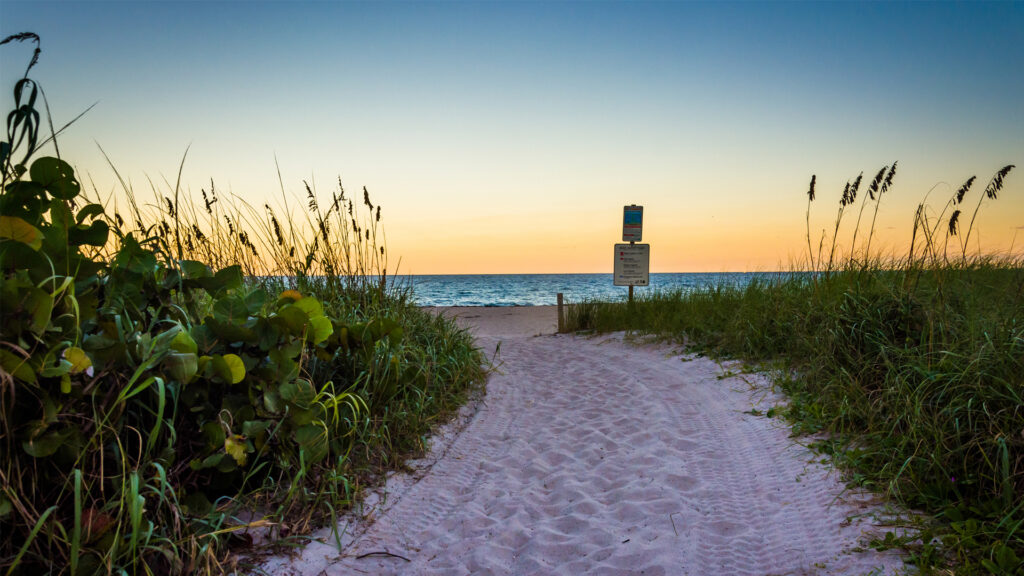A roundup of news items related to climate change and other environmental issues in Florida:
Part of a $2.5 million Singer Island beach restoration washed away, but refills are coming | Palm Beach Post

Mother nature has played havoc with Palm Beach County’s emergency dune restoration plans, already washing away more than 20,000 tons of sand deposited in Singer Island as part of a $2.5 million project. Another $2 million is expected to be spent to help restore beaches at Coral Cove Park in Tequesta.
Several strong windstorms and king tides late last year caused such severe beach erosion that the county declared an emergency and authorized the placement of 53,000 tons of sand onto Singer Island beaches and another 45,000 tons onto Coral Cove beaches.
Andy Studt, who oversees the county’s dune restoration programs, said 70% of the county’s 47-mile coastline, much of it in the northern end, is considered “critically eroded.”
What is carbon capture? And why is Hillsborough County looking into it? | Tampa Bay Times
Florida politicians have recently debated creative solutions to combat climate change, from electric cars to lab-grown meat.
While not as shiny or controversial as other initiatives, carbon capture has shored up increasing political support over the past few years.
The idea behind the new technology is to keep carbon dioxide — a common greenhouse gas that contributes to global warming — out of the atmosphere.
Invasive termites become growing threat to Florida. What to know as swarm season approaches | South Florida Sun Sentinel
At first the 15-foot by 4-foot plexiglass case looks like a massive piece of art — beautiful veins drain a river delta. But then you see tiny white things wiggling, coursing their way along every vein like blood.
They’re termites, “2.5 million of them,” said Thomas Chouvenc with pride as he sits above what he calls an “arena.” He’s an urban entomologist at the University of Florida’s research center in Davie, and these are his babies. His lab houses some 25 million termites of various species in a quest to figure out how to stop them.
“Termite swarm season is almost upon us,” he says. “Things are about to get very busy.”
If you have any news items of note that you think we should include in our next roundup, please email The Invading Sea Editor Nathan Crabbe at ncrabbe@fau.edu. Sign up for The Invading Sea newsletter by visiting here. To learn more about carbon capture and sequestration, watch the video below.



